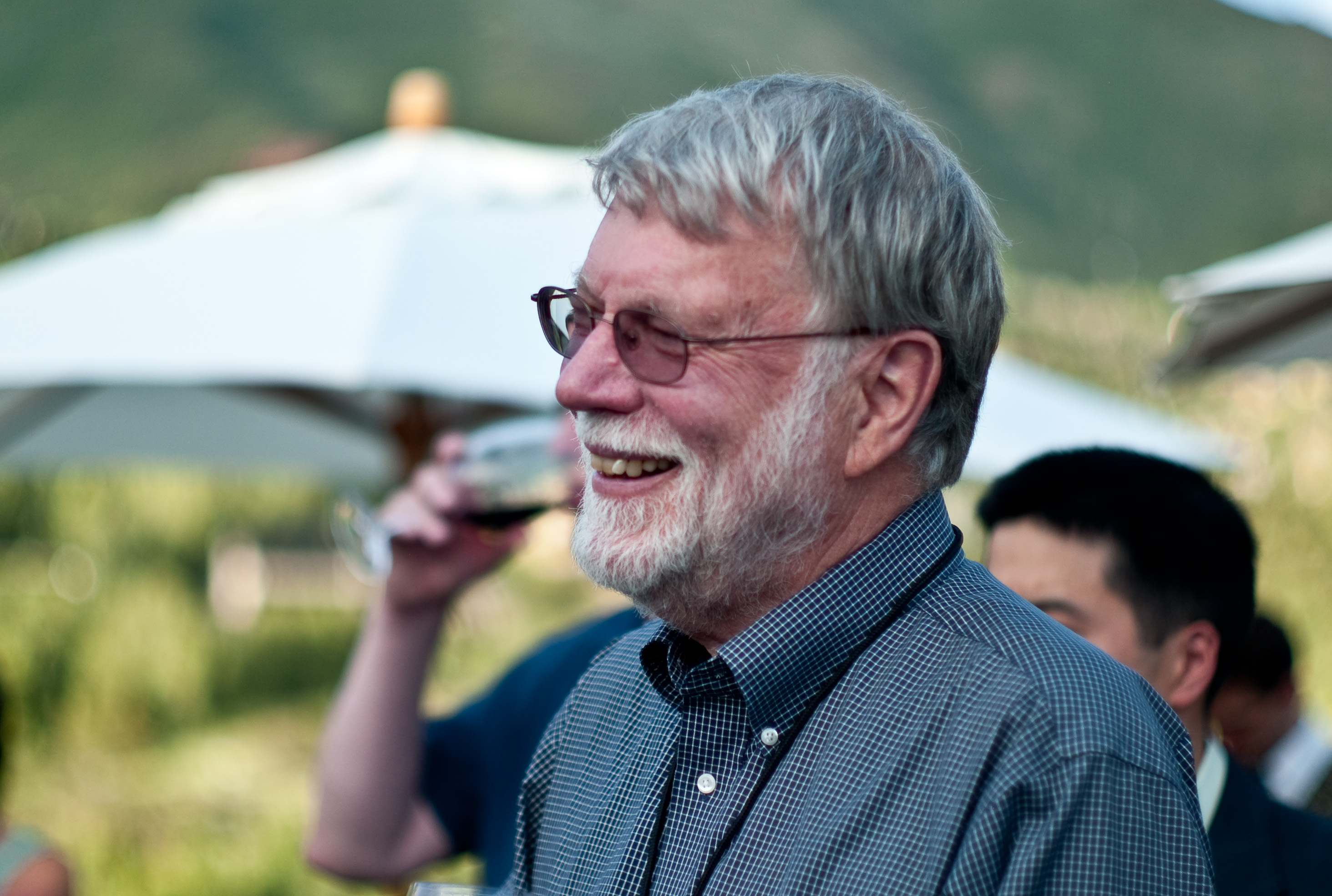There may be new entities -- service grids as a managed service in the center of the cloud that [can create] a trusted medium.

"John Seely Brown" (born 1940), also known as "JSB", is a researcher who specializes in organizational studies with a particular bent towards the organizational implications of computer-supported activities.
His research interests include the management of radical innovation, digital culture, ubiquitous computing, autonomous computing and organizational learning. JSB is also the namesake of John Seely Brown Symposium on Technology and Society, held at the University of Michigan School of Information. The first JSB symposium in 2000 featured a lecture by Stanford Professor of Law Lawrence Lessig, titled "Architecting Innovation," and a panel discussion, "The Implications of Open Source Software," featuring Brown, Lessig and the William D. Hamilton Collegiate Professor of Complex Systems at SI, Michael D. Cohen. Subsequent events were held in 2002, 2006 and 2008.
Brown graduated from Brown University in 1962 with degrees in physics and mathematics. In 1972 he received a PhD from the University of Michigan in computer and communication sciences.
More John Seely Brown on Wikipedia.Seeing differently is a critical skill for tomorrow's chief technology officers.
How do we bundle business processes in this model.
We are working on creating self-describing, self-organizing, self-diagnosing and self-repairing networks.
There are the ideas of the Nash equilibrium, a play on different ways to bundle things.
For me, the concept of design is more than object-oriented; it encompasses the design of processes, systems and institutions as well. Increasingly, we need to think about designing the types of institutions we need to get things done in this rapidly accelerating world.
Far from being easy targets for exploitation, emerging markets are generating a wave of disruptive product and process innovations that are helping established companies and a new generation of entrepreneurs to achieve new price-performance levels for a range of globally traded goods and services. Eventually, such companies may capture significant market share in Europe and the United States.
How do we move forward to rapidly stream together the right kinds of processes that do all we need to do? ... Technological determinism won't work. Real innovation involves people and business in all the complication of real life. How do we really do innovation between technological innovation and social projects? We need to step back and honor the co-evolution.
Emerging markets are well known for their role in activities such as assembling consumer electronics products and providing low-level customer support through burgeoning call centers.
Copyright © 2024 Electric Goat Media. All Rights Reserved.